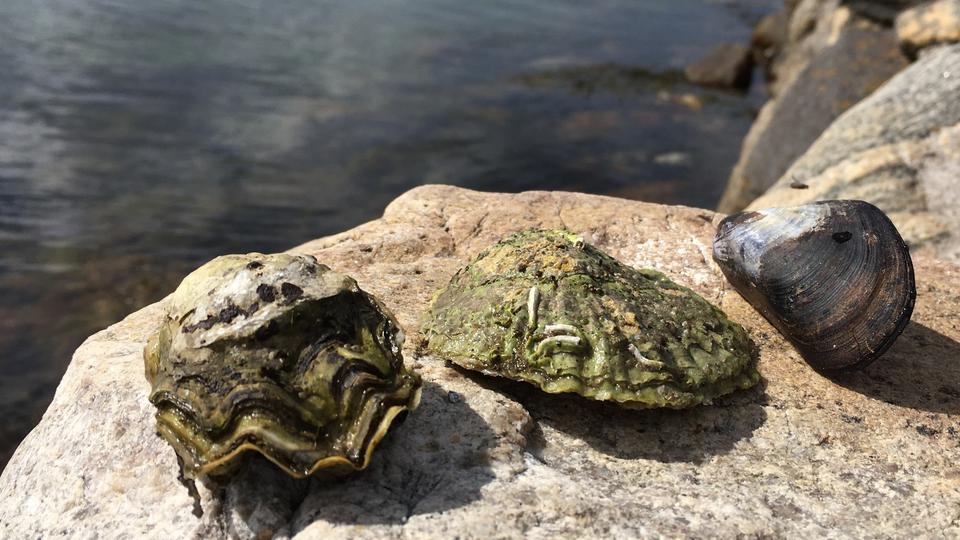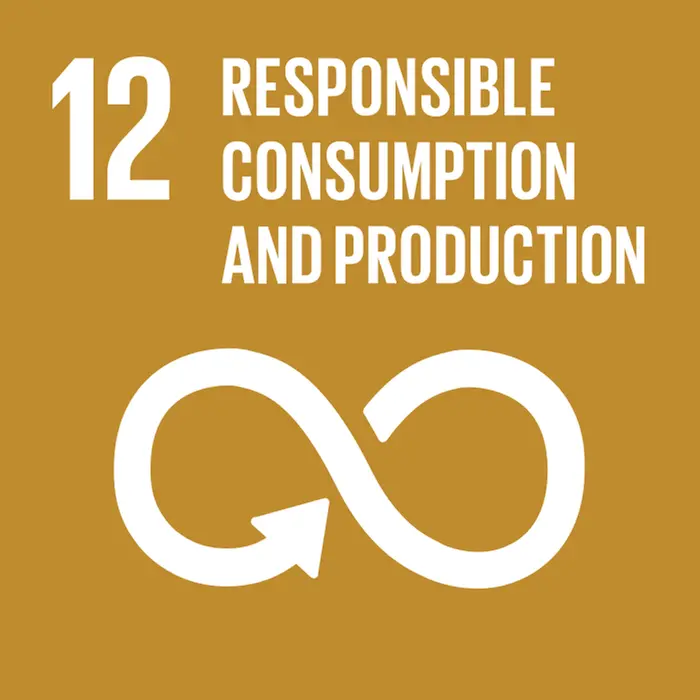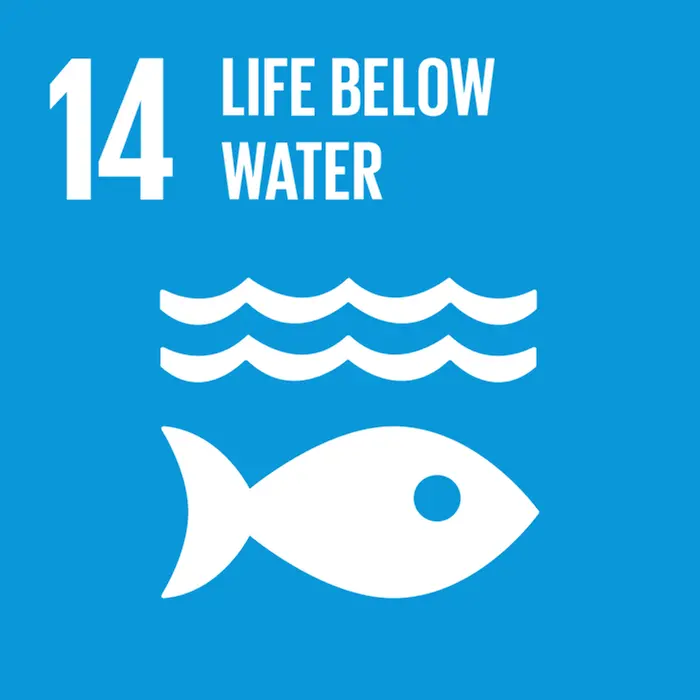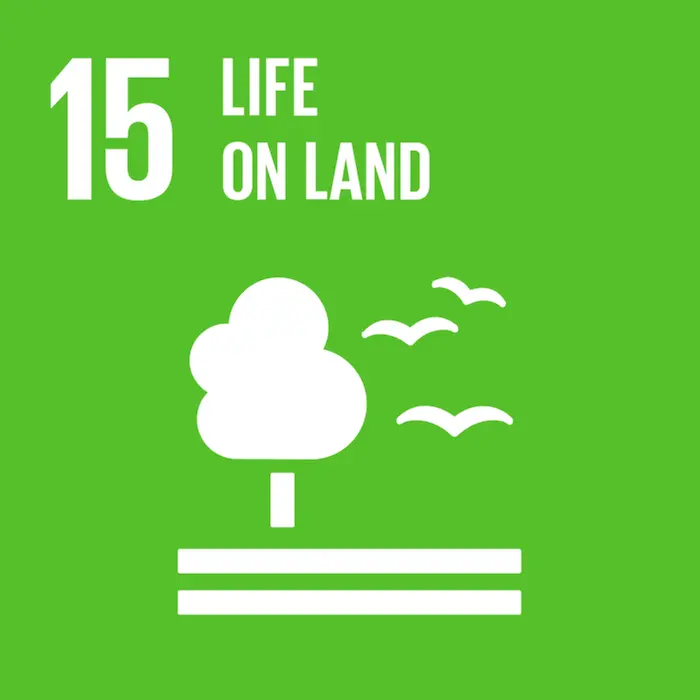
Sustainable aquaculture – what are mussels and oysters really eating?
What role does dead organic matter, so called detritus, play as food for mussels and oysters?
Sustainable sea-based food production such as cultivation of oysters and mussels, so called, aquaculture, will become increasingly important in the future. Farmed mussels and oysters are particularly beneficial because they filter phytoplankton and other organic matter, thereby improving water quality.
Today, models are used to calculate how much mussels and oysters can be grown in an area based on the availability of food. These models often show that the production of mussels can be increased many times over, sometimes a hundredfold, because the models include the presence of dead organic material in the calculations, which is in abundant supply.
Although it is known that mussels and oysters can eat dead organic matter, so called detritus, it is unclear how important this food is for them. The aim of this project is therefore to investigate the role of detritus, as food for blue mussels, European oysters and Pacific oysters in Sweden, and how the species' food choices overlap.
The project will also investigate whether cultivation at greater depths affects the nutritional content of oysters and mussels.
Read more: Popular science description for the project
Project facts
- Project name: Do invasive and native bivalves compete for food resources? The role of detritus in supporting sustainable aquaculture and invasive species management
- Partners: Stockholm University
- Budget: 4 MSEK
- Funding agency: Formas, the Swedish Research Council for Sustainable Development
- Period: 2024 - 2027
Contact
Want to know more about IVL's services and offers? Enter your email address and choose which area you want to know more about, and we will get back to you.
NOTE! For questions about vacancies and thesis work, go to the Careers
tab in the main menu.



